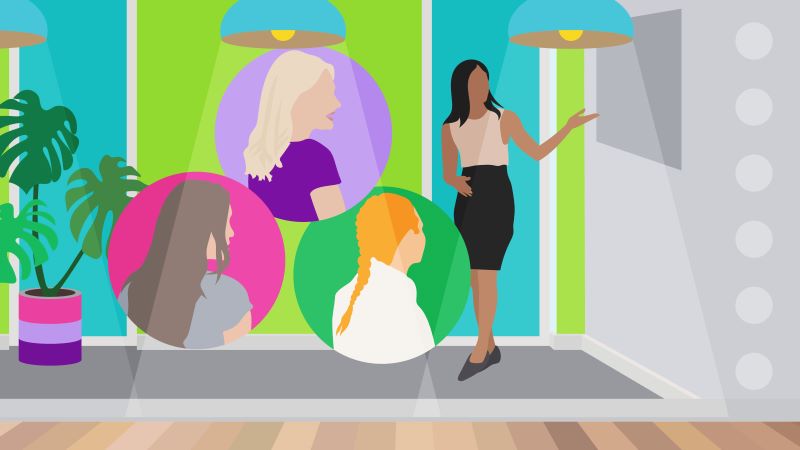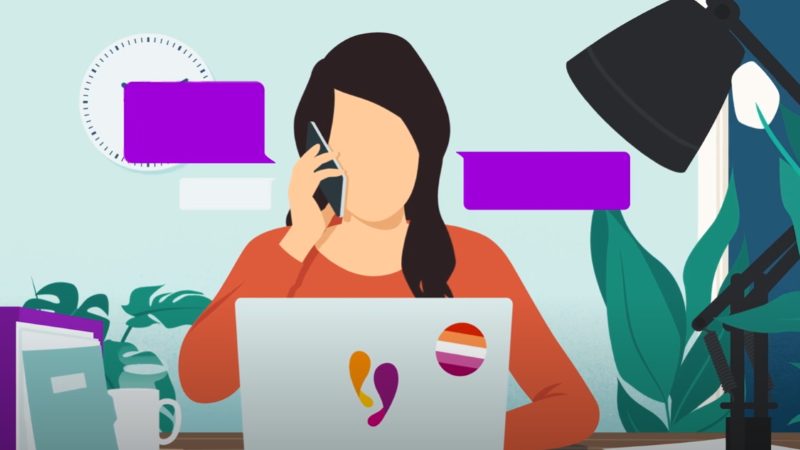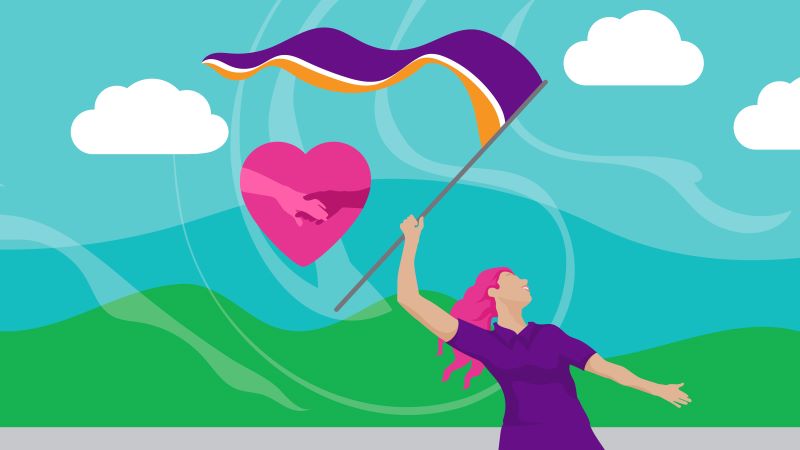Building positive and productive partnerships takes time. Here is how we continued to develop ours in 2021/22:
- We expanded our network of opportunities for survivor input, influence, and empowerment.
- We represented the Welsh VAWDASV sector in policy discussions with local, national, and UK government.
- We advanced essential research and data collection to provide a national picture of VAWDASV in Wales.
Amplifying the voices of survivors
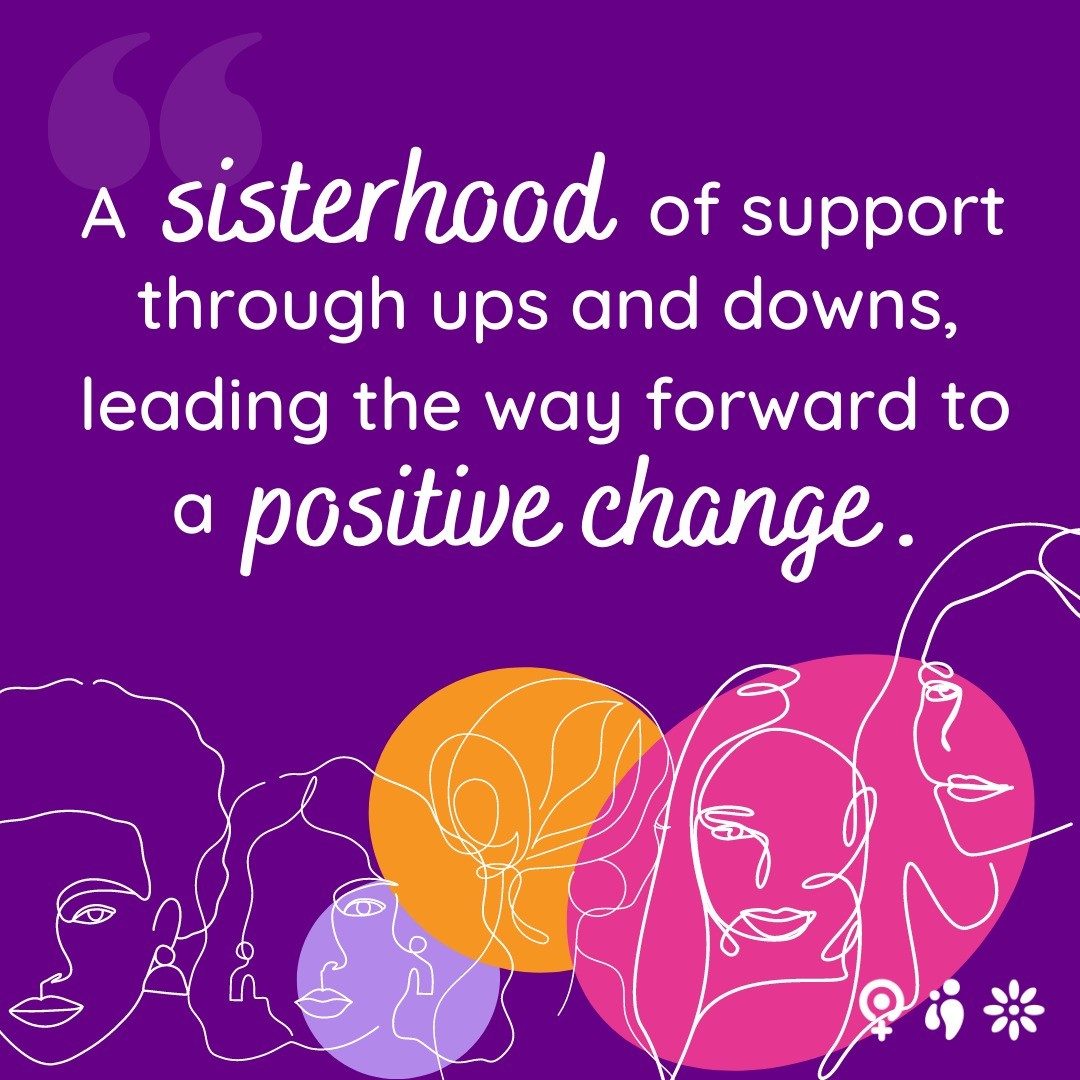
Survivors are key partners in our work.
Our Survivor Network links women who have experienced VAWDASV and creates opportunities for them to use their experiences to create change.
By the end of 2021/22, there were 93 women in this ‘sisterhood of support.’
How to join our Survivor Network
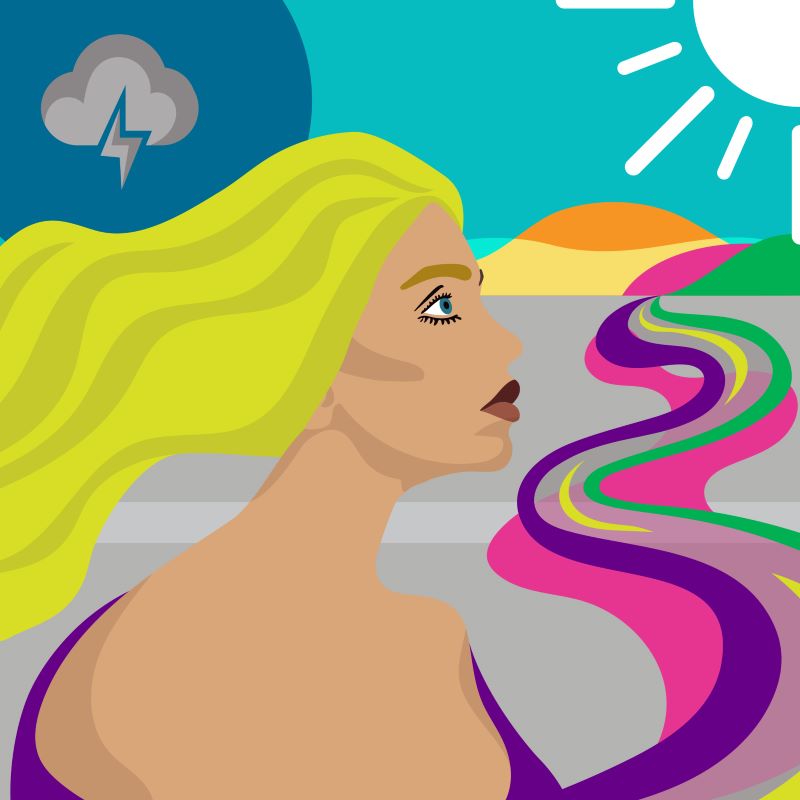
The Survivor Network is not a support service, but growth and empowerment are at its heart.
In 2021/22, we hosted monthly survivor forums as well as a larger event where attendees created a song together.
Women who had joined in the past year told us they had gone from feeling ‘stressed’, ‘broken,’ ‘shamed’ and ‘sad’ to feeling ‘supported,’ ‘energised’ and ‘hopeful’.
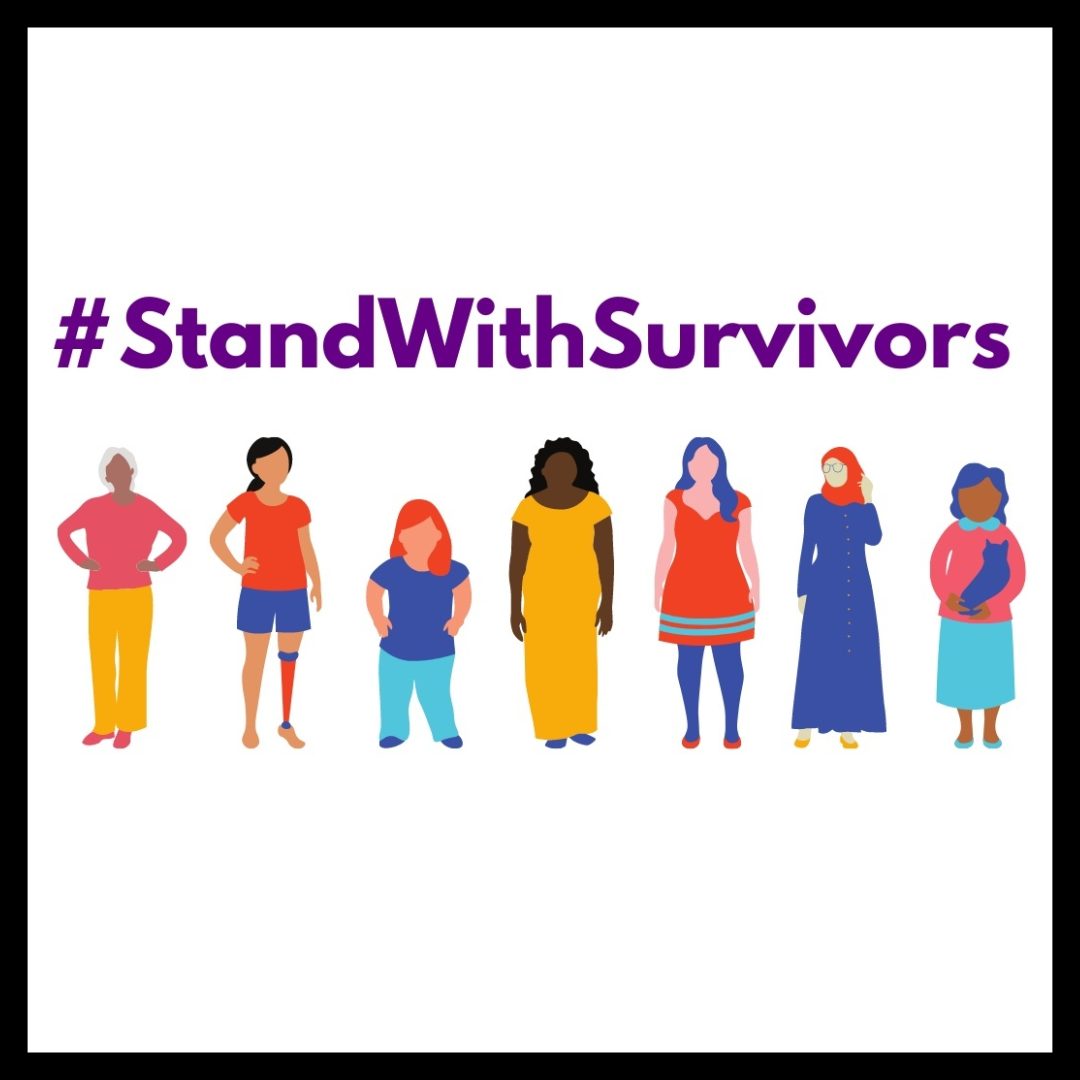
In 2021/22, many members of the network took advantage of public speaking training and media training.
Several gave media interviews, and at least one member found paid employment in the VAWDASV sector.
Collectively, members submitted feedback to Welsh Government on multiple policies, including the Relationships and Sexuality curriculum and the refreshed VAWDASV strategy.
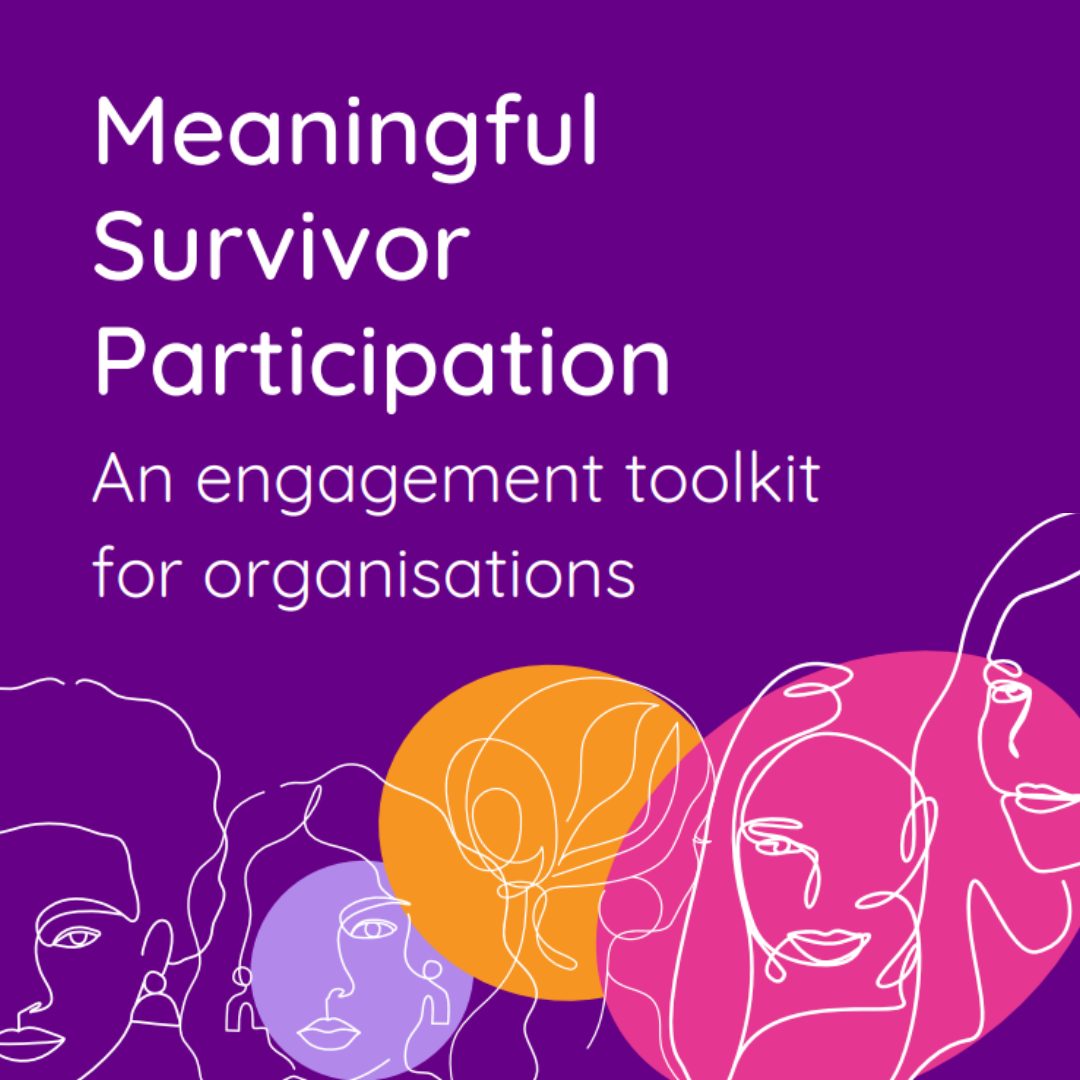
Every service, policy, and practice that affects survivors would benefit from their input.
In 2021/22, the Network created a toolkit to help organisations do this in ways that are productive, inclusive, and trauma-informed.
Representing the Welsh sector perspective
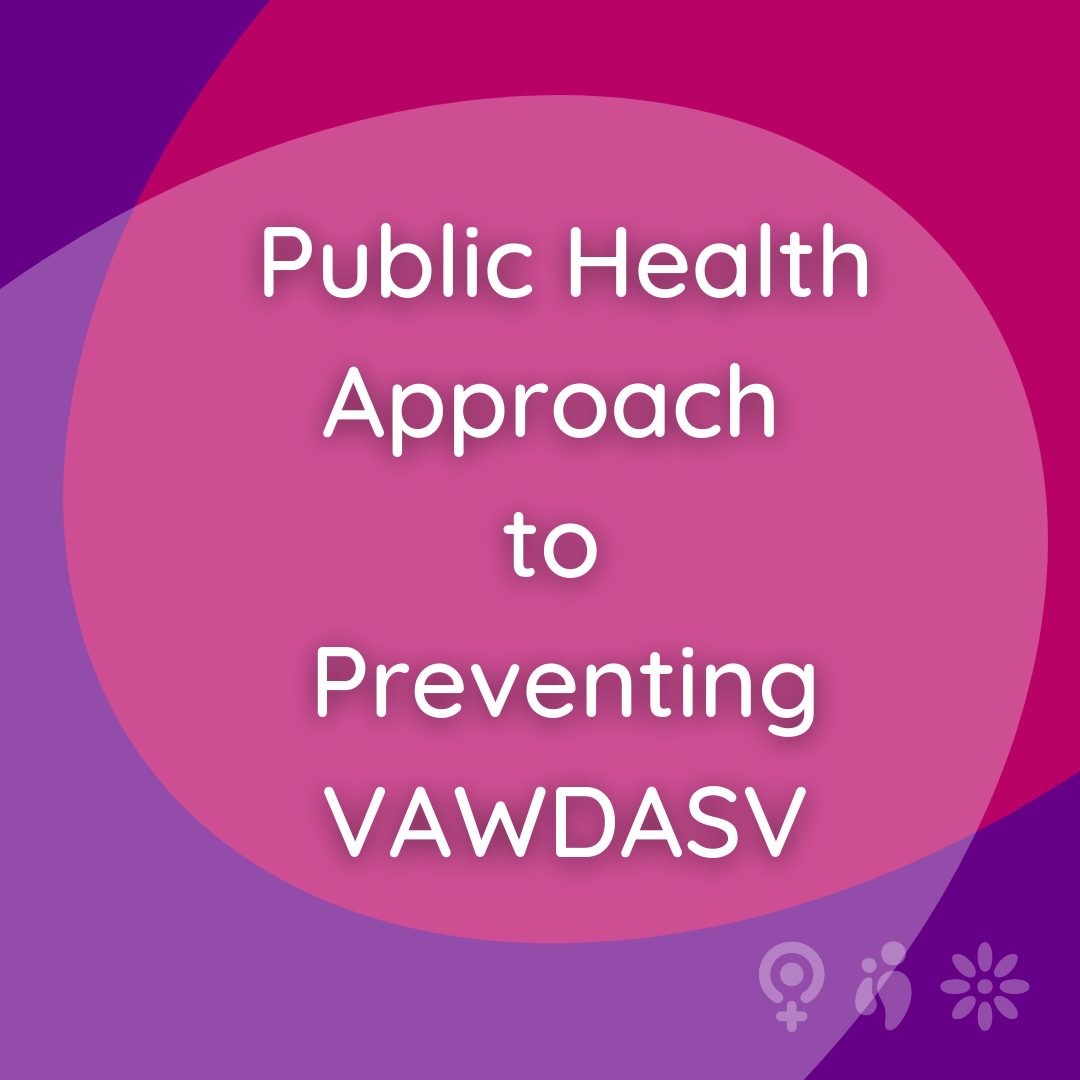
We believe in a public health approach to ending VAWDASV, which prioritises prevention, including early intervention and changing perpetrator behaviour.
In 2021/22, both Welsh and UK Government produced strategies related to ending VAWDASV:
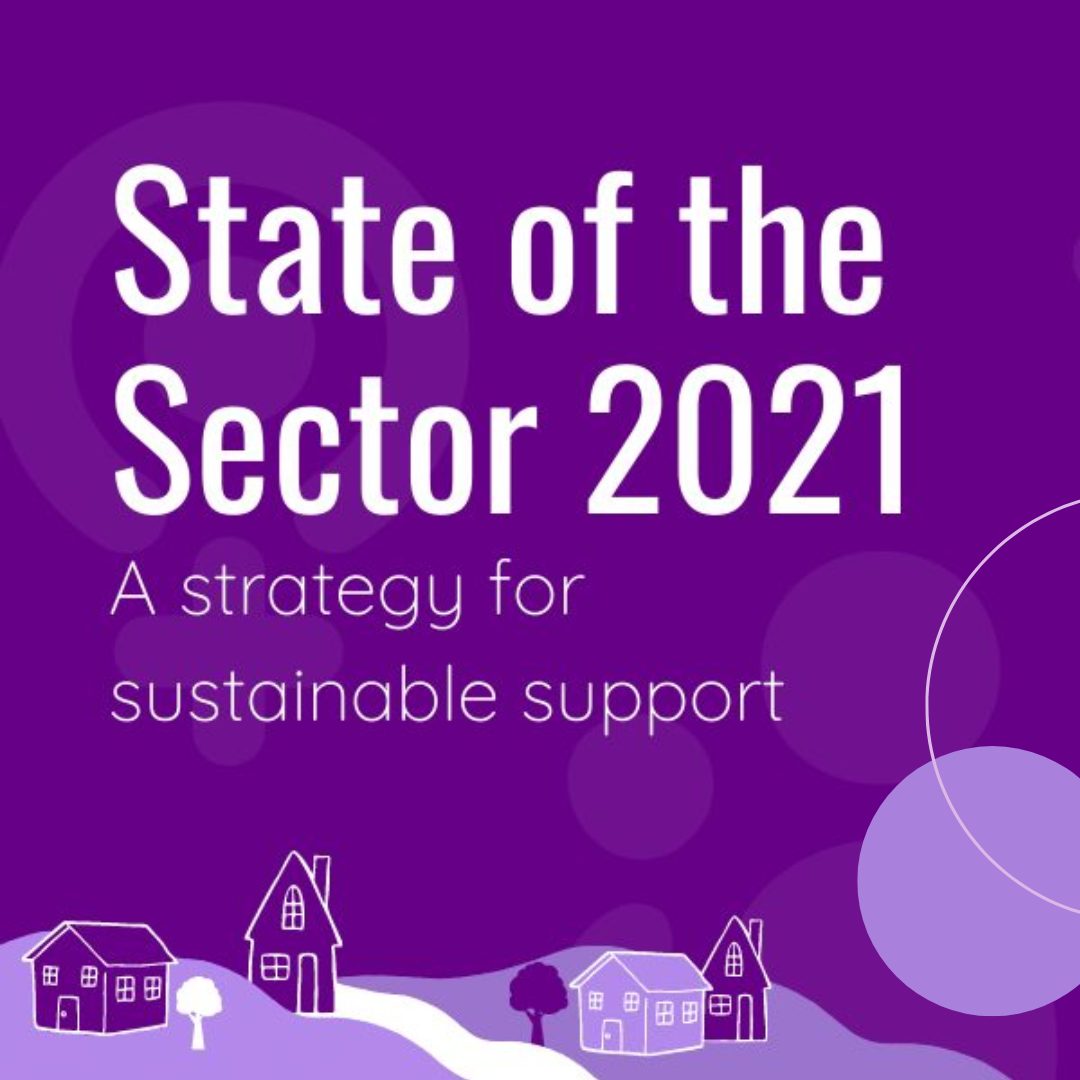
A public health approach to ending VAWDASV needs to be able to support all survivors when they need it.
In 2021/22, we published our annual State of the Sector Report, showing how a lack of adequate and sustainable funding harmed survivors.
The sector is so chronically underfunded that even emergency Covid-19 relief was not enough to cover the additional need.
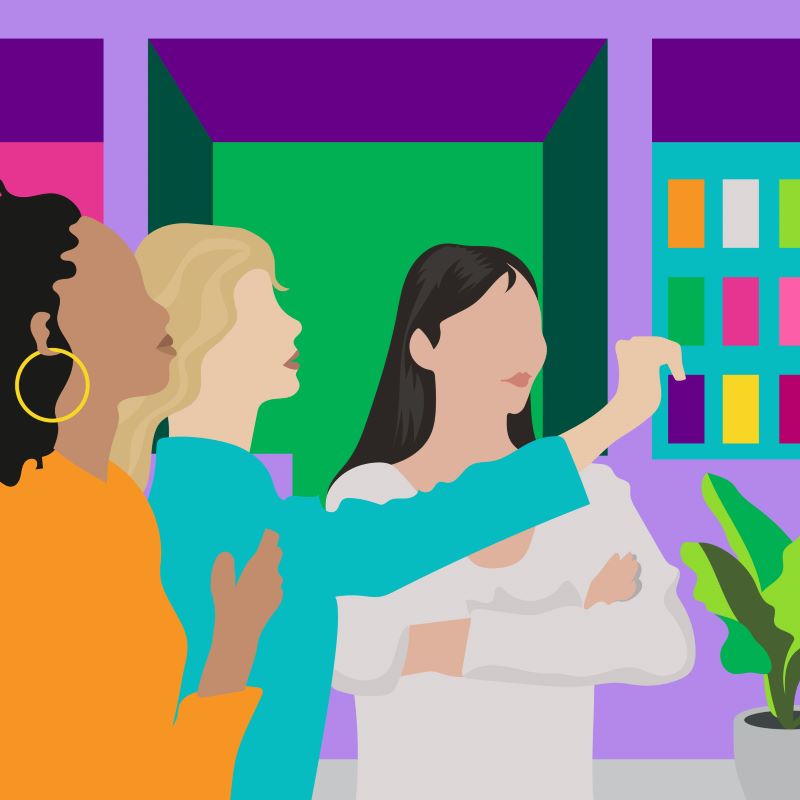
We also provided 22 statements on policies that impact survivors, including:
- Support for migrants with no recourse to public funds (NRPF).
- Priorities for health, social care, and housing.
- Action plans for achieving LGBTQ+ equality.
Supporting ethical, Wales-focused research
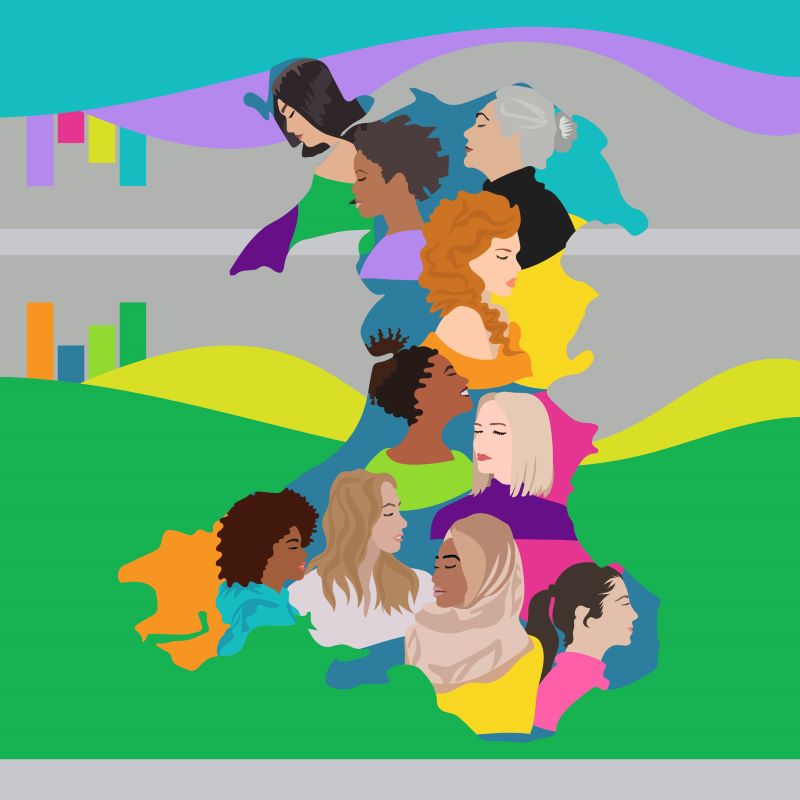
A public health approach to ending VAWDASV needs good data about who is affected, where, why, and how.
Statistics from our member organisations and the Live Fear Free helpline enable us to provide a national picture of VAWDASV in Wales.
This data is used by the Office of National Statistics (ONS), Public Health Wales (PHW), the Wales Violence Prevention Unit (VPU) and other national and international bodies.
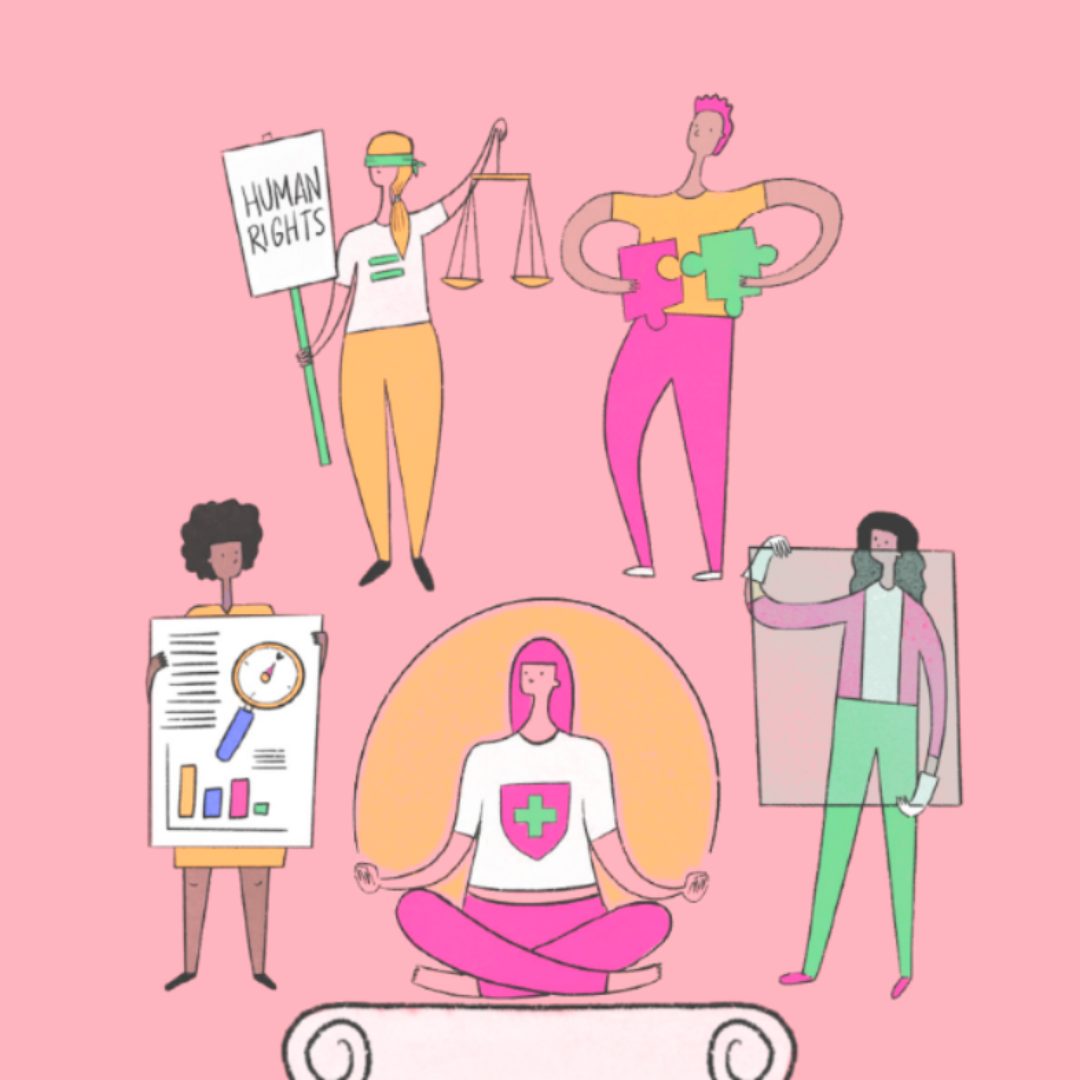
Good data comes from good research. In 2020, we partnered with our sister federations as well as researchers across the UK to develop a Research Integrity Framework for Domestic Abuse and Violence.
The framework sets out ‘five pillars’ on which good VAWDASV research is built: (1) Safety and wellbeing (2) Transparency/accountability (3) Equality, human rights, and social justice (4) Engagement and (5) Research ethics.
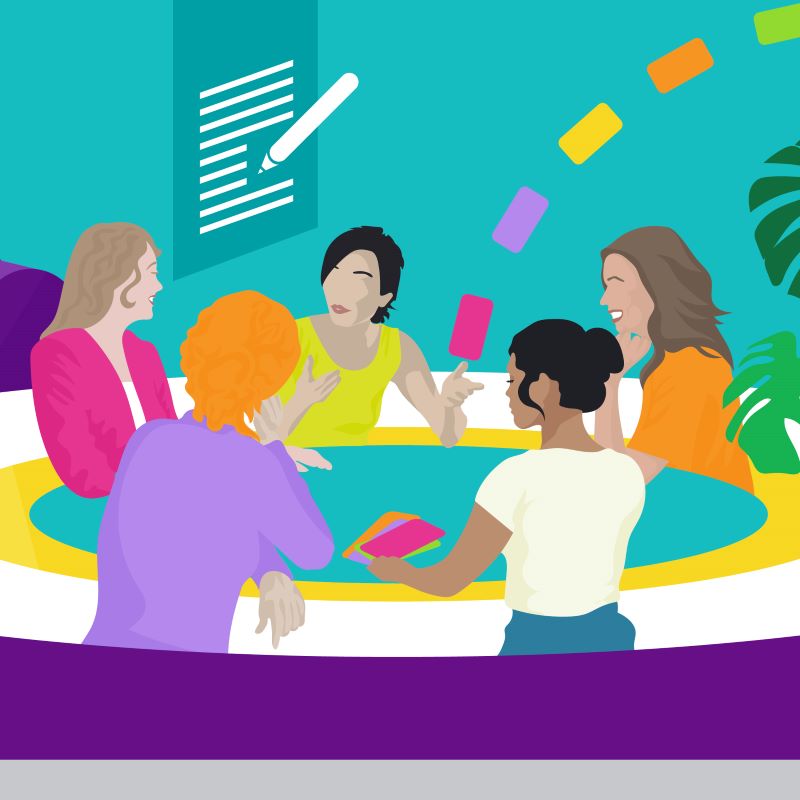
We apply the framework when we design our own research projects, including focus groups and consultations. We also apply it to requests from others to amplify or participate in their projects.
In 2021/22, we received more than 40 requests from researchers and were able to facilitate more than 20 of these by promoting them to our survivor network and member organisations.


